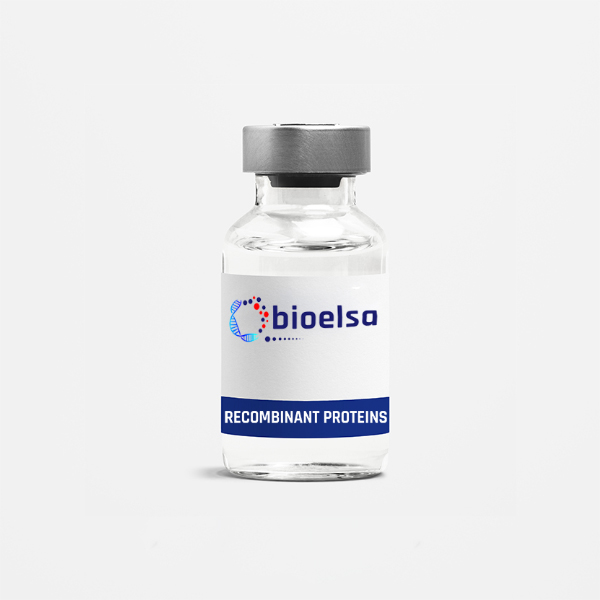
| Gene ID | 5617 |
| Accession | P01236 |
| Alternative Name | Luterotropic hormone, Lutetropin, Mammotropin, PRL |
| Source | E. coli |
| Description | Synthesized primarily by the pituitary gland, prolactin is a neuroendocrine hormone that functions to promote and maintain lactation and has also been shown to play a role in breast cancer development, regulation of reproductive function and immune-regulation. While Human prolactin shares only 60% and 63% amino acid sequence identity with mouse and rat prolactin, respectively, the human prolactin receptor can be activated by Rat PRL. abm's Recombinant Human PRL is a single, non-glycosylated polypeptide chain with a molecular mass of 23 KDa. |
| Accession | P01236 |
| Functions | Determined by its ability to induce the proliferation of rat Nb2-11 cells in the concentration range of 0.1-1.0 ng/ml. |
| Formulation | Lyophilized from a concentrated (1mg/ml) solution in PBS. |
| Solubility | It is recommended to reconstitute lyophilized PRL in sterile distilled water to no less than 100μg/ml, which can then be further diluted to other aqueous solutions. |
| Appearance | Lyophilized Powder |
| Molecular Weight | 23 |
| Purity | >95% as determined by SDS-PAGE |
| Concentration | <1.0 EU/μg of recombinant protein as determined by the LAL method. |
| Shipping Condition | Ambient Temperature |
| Storage Condition | The lyophilized protein is stable for at least one year from date of receipt at -70?C. Upon reconstitution, this cytokine can be stored in working aliquots at 2? - 8?C for one month, or at -20?C for six months, with a carrier protein without detectable loss of activity. |